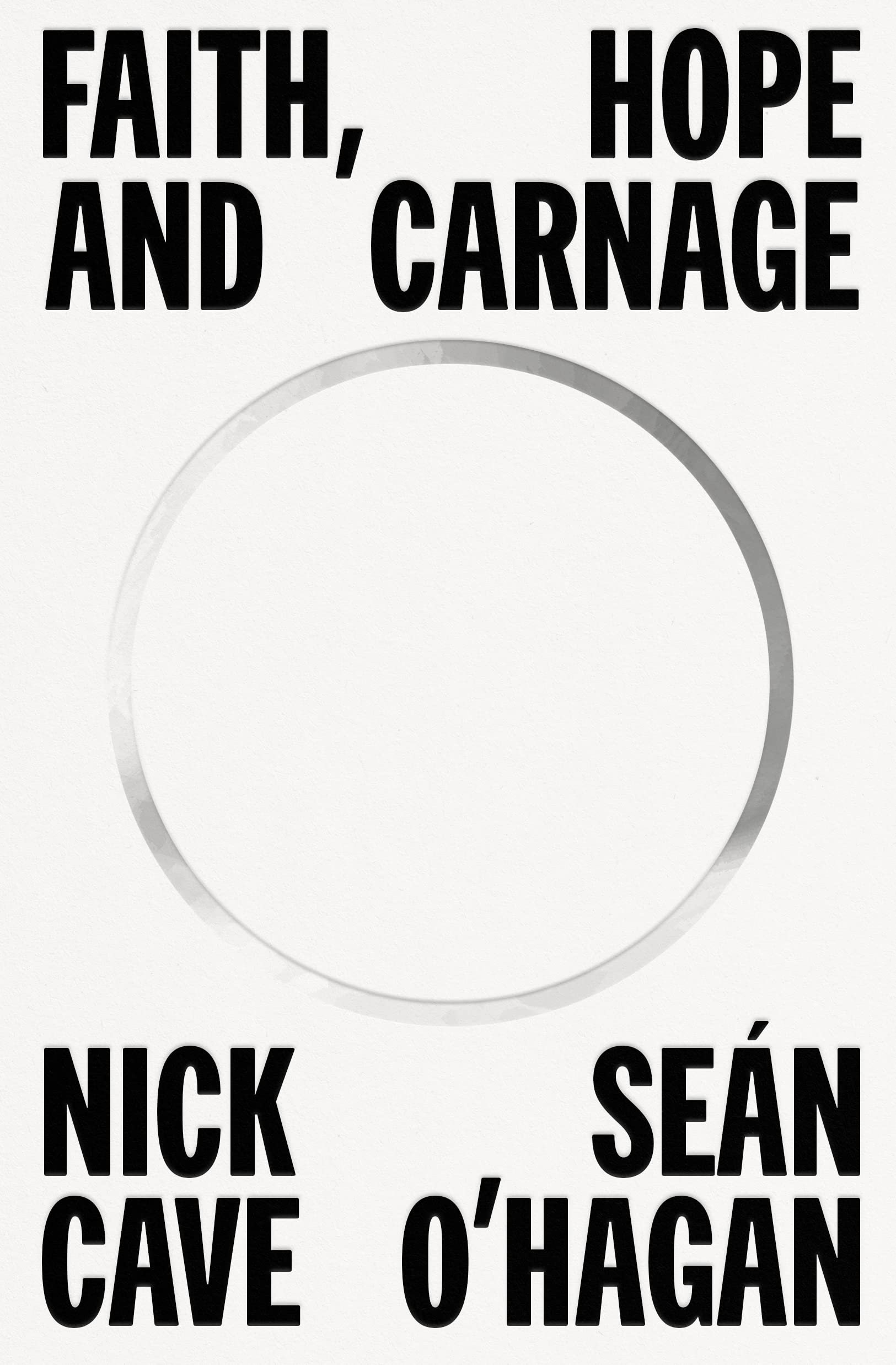X is releasing a final album and going on a farewell tour, and while final albums aren’t always final and farewell tours are almost never a farewell, I’m concerned enough they mean it to travel to Rochester on my own and see them while I still can. Buying my ticket got me in the mood to read a book I’d purchased years ago but hadn’t gotten around to until just now: Under the Big Black Sun: A Personal History of L.A. Punk.
In my experience, a book authored by musician “with” another writer is usually little more than a biography in first person, the perspective belying the obvious distance of the actual subject to what’s being written. Here, though, the “and friends” gives a better hint of what the book is about. Rather than a straight up autobiographical account of Doe’s live before, during, and after X’s heyday, Under the Big Black Sun has the patchwork feel of an oral history, with musicians, writers, and scenesters contributing their own stories and perspectives on the unique scene that emerged in late 70s LA.
Doe gets the most page time, but in a way his parts are the least narrative of the book, focusing as they do on small moments and assuming (correctly, in my case) that the reader already knows the general story of the band. Most of the other contributors take the more traditional route, charting their arrival in LA and immersion into a small but rich musical scene, though the focus is almost always on the culture rather than the specific band, furthering the anthropological sense of the book. There are a couple of missteps, but for the most part the writers feel like earnest people wistfully recollecting a difficult but formative time in their lives. Contributors namecheck bands with frequency, and I came across a few artists I’d never heard of and now adore (Nightmare City by the Alley Cats is incredible). There were also bands I knew but had never associated with the punk scene (The Go-Go’s, really?).
As befitting an anthology, the book is a grab bag of styles, and while some went more florid than others, I found the whole thing well constructed and readable, with only a couple passages that struck me as indulgent and over-written.
Overall, a solid book for those interested in a scene that, while not launching many marquee names, undoubtedly influenced American music for the rest of the century.


